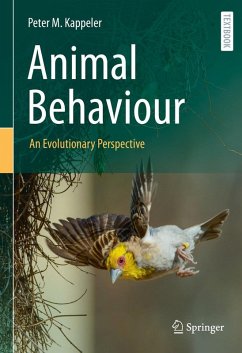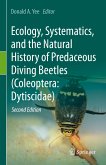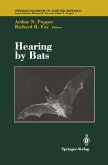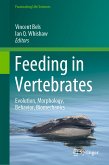¿This textbook presents all basic principles of animal behaviour in a clear and concise manner and illustrates them with up-to-date examples. Emphasis is placed on behavioural biology as an integrative discipline of organismic biology, focusing on the adaptive value of behaviours that facilitate resource access, predator avoidance and reproductive success and underlie parental care, all within a comprehensive presentation of social complexity. This new textbook provides a rich resource for students (and teachers) from a wide range of life science disciplines.
Dieser Download kann aus rechtlichen Gründen nur mit Rechnungsadresse in A, B, BG, CY, CZ, D, DK, EW, E, FIN, F, GR, HR, H, IRL, I, LT, L, LR, M, NL, PL, P, R, S, SLO, SK ausgeliefert werden.









